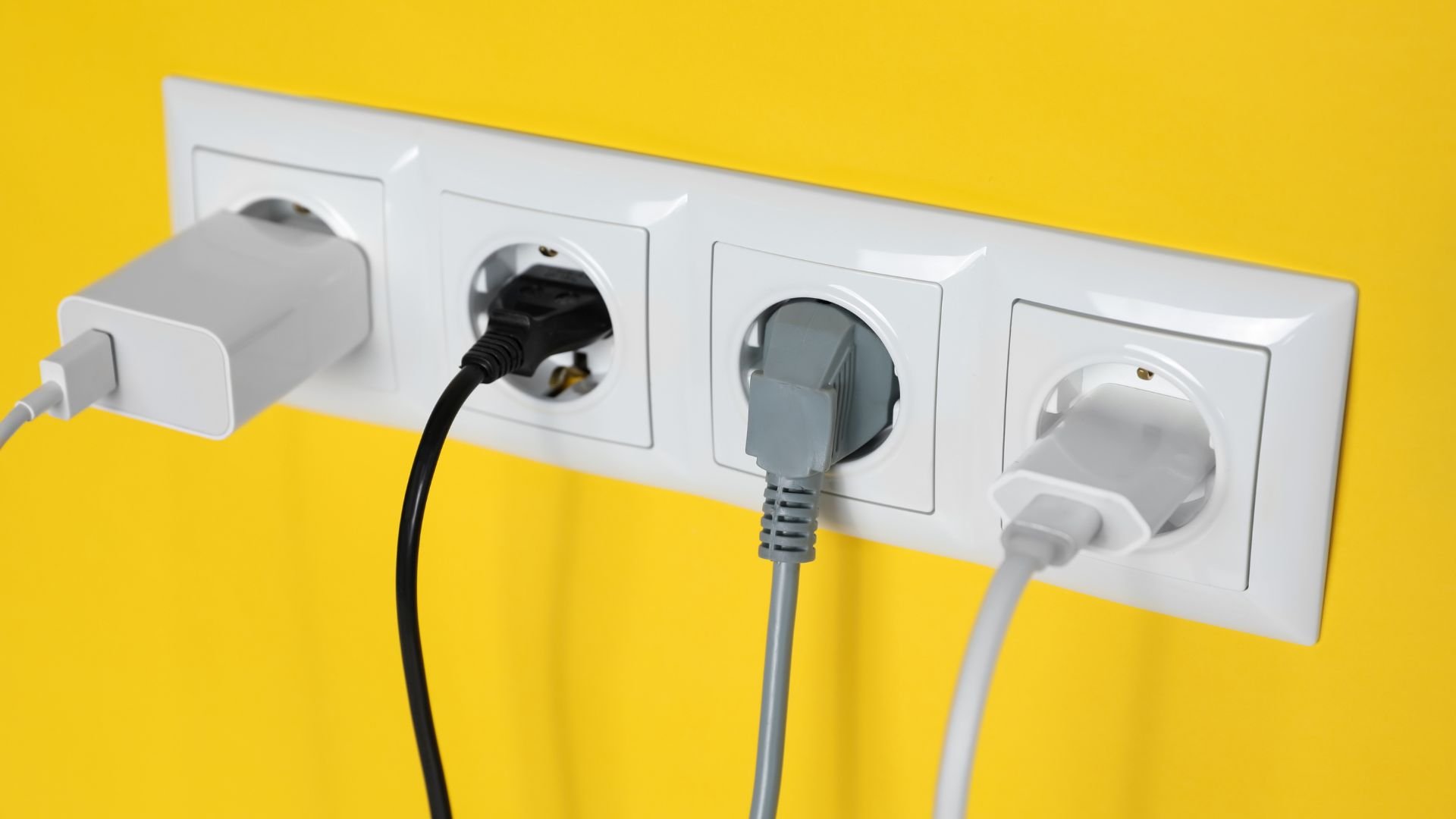Safety Precautions When Using Electricity
by Irwin's Marketing Team, on Jan 4, 2024 11:46:40 AM

Electricity makes modern life convenient, powering our lights, appliances, and devices. However, mishandling electrical equipment can lead to lethal shocks or fire hazards. Thankfully, following key electrical safety guidelines helps prevent accidents and fatalities.
The Dangers of Electricity
Electricity causes an average of 67 deaths and over 4,000 injuries in Canadian homes every year. Both children and adults face risks like:
- Severe shock from exposed wires
- Burns from electrical faults
- Fires due to overloaded circuits
Water conducts electricity excellently, compounding risks:
- Wet conditions severely reduce skin resistance
- Using electrical devices in damp areas multiplies danger
Neglecting safety raises chances of injury and loss of life or property damage.
Simple Precautions Can Save Lives
Taking basic precautions drastically reduces electrical risks at home:
In Wet Areas
When water and electricity mix, danger skyrockets. Protect your family by following guidelines for wet areas.
- Install GFCI outlet covers
- Unplug appliances before cleaning sinks or tubs
- Never touch electrical devices with wet hands
Kids and Electrical Cords
Children explore their world through touch, tasting, and more. Safeguard their innocence by keeping cords neatly out of reach.
- Tuck cords out of reach behind furniture
- Use outlet covers in children's rooms
- Teach children to avoid outlets and cords
Flickering Lights
Flickering bulbs seem harmless, but often signal unseen hazards. Address these ominous warnings promptly.
- Check for loose lightbulb sockets
- Flickering lights may indicate damaged wires or overloaded circuits
- Call an electrician if issues persist
DIY and Emergencies
Electrical projects require extra vigilance. Moreover, being prepared for outages keeps everyone safer.
- Flip main switchboard OFF before wiring projects
- Know where your home's electrical panel is located
- Have non-conductive broom to safely swipe downed power lines
Following these tips drastically reduces risks from faulty wiring, overloaded circuits, and electrical accidents. Make safety a priority to avoid preventable tragedy.
Risk Assessment
Conducting regular visual risk assessments of electrical systems helps spot issues before accidents occur:
- Check for frayed cords and loose connections
- Ensure outlets are not overloaded with devices
- Make sure outdoor wiring is properly grounded and rated
Understanding safety codes for each area prevents oversights. When in doubt, consult an electrician.
Cable Maintenance
Well-maintained cabling avoids hazards like:
- Exposed live wires contacting flammable materials
- Rodent damage resulting in short circuiting
- Cracked insulation leading to electric shock
Conclusion
Electricity provides modern comforts and conveniences but also poses serious risks if misused. Following wet area guidelines, putting away cords from kids' reach, and addressing warning signs like flickering lights prevent injuries and damage. Build a culture of electrical safety at home, especially getting professional help for major electrical issues.
Make safety the top priority, not convenience, particularly when water meets electricity. Protect your loved ones by respecting electricity's power and following simple precautions.
.png?width=162&height=64&name=IRWINS%20website%20logo%20(1).png)